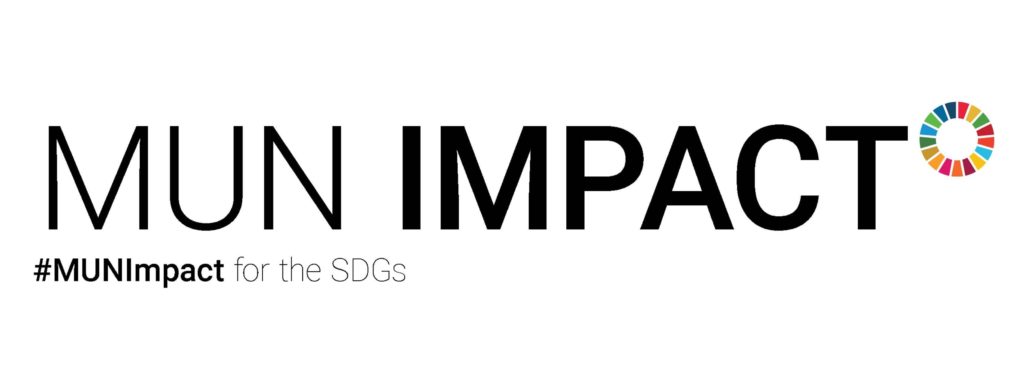During the third session on the first day of the Global Summit, Dr. Anthony Speca, an accomplished professor, teacher, and activist spoke to a group of MUN delegates about his work with the Arctic. Speca is an Adjunct Professor of Canadian studies at Trent University in Canada, as well as a teacher of PPE and Geography at Norwich school in the UK. He is also a formal civil servant within the government of Nunavut in Canadian Arctic. He is a strong advocate for Arctic environments as well as Arctic residents, as he founded a consultancy in 2012 called Principal of Polar Aspect. He also created and launched a secondary school Model Arctic Council (MAC) that currently collaborates with different universities in both Canada and the UK.
Dr. Speca himself is a resident of Canadian Arctic and is very passionate about introducing the Arctic to today’s youth. He believes that the Arctic should first and foremost be seen as a homeland rather than a pristine wilderness prone to climate change. While it is true that the Arctic is in some sense, a fragile environment due to increasing temperatures, it is also a land that is home to over 4 million people. He wants to change the image that comes to mind when people think of the Arctic and shine more light upon the people who live there.
Speca jumped into his presentation by explaining what the Arctic is seen as in western culture. He gave a few examples of stereotypes given to the environment. One was that the Arctic is seen as a very fragile ecosystem that needs to be protected from both industrialism and climate change. Next, he said that it is seen as a place where human limits are tested by the inhospitable wilderness of terrain and dangerous animals- a place where only explorers travel on expeditions. Then Speca spoke about how it is a global treasure chest where resources need to be exploited because the Arctic is an environment that is “untouched by man”. Lastly, he explained how it is most commonly seen as a climate disaster and it is our only shot of redemption to stop climate change and all of its effects. Dr. Speca went on to discuss how the Arctic is not these things. He said that all the stereotypes western culture has labeled the Arctic fail to represent the people who actually live there.
Dr. Speca’s goal is not only to fight climate change in the Arctic, but also fight for the rights of indigenous people who live there. He shined light upon issues that are often overlooked by outsiders and have not been advocated for. For example, threats to indigenous people and their cultures, how climate change has affected infrastructure and the safety of citizens, high cost of living, limited access to public goods such as health care and education, and above average poverty rates. However, Speca made it evident that public officials and other people outside of the Arctic are only concerned about the wilderness aspect. For instance, a ban was put on seal hunting in the 1970s however, this tremendously affected the way of life for indigenous people, as they could no longer use the pelts or meat the seals, which were both necessary for living. Unfortunately, people did not see the effects of this legal ban and livelihoods were destroyed. This is only one example of how “imaginaries” of the Arctic affect policy decisions.
In conclusion, Dr. Speca created an interesting presentation that built a better understanding of the reality of life in the Arctic. His speech helped his audience understand that it is not just a delicate environment in need of help, but it is a place where people live day to day and experience life just as everyone else. He unbunked many stereotypes that portray the Arctic in unrealistic ways that have led to many misconceptions. Dr. Speca was a great person to present in the Global Summit because he was very passionate about his work and did a great job of introducing the Arctic to the youth of the MUN program.

